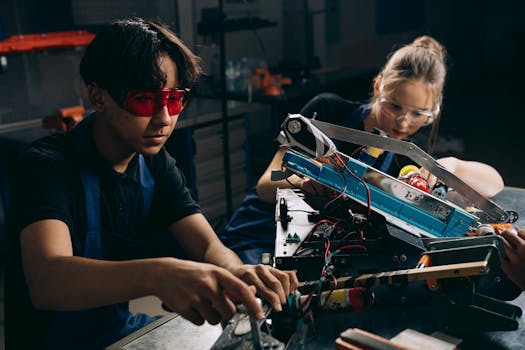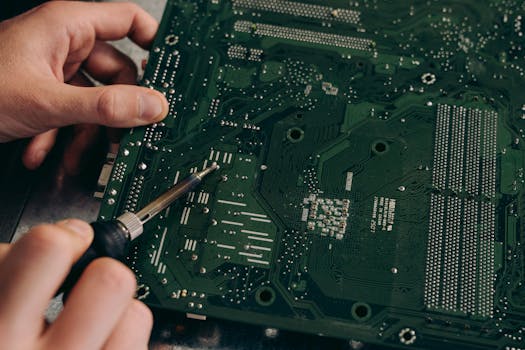
The Future of Work: Trends to Watch in 2025
The Future of Work is changing rapidly, with technological advancements, shifting workforce demographics, and evolving employee expectations driving this transformation. As we look ahead to 2025, it’s essential to understand the key trends that will shape the future of work and what they mean for workers, businesses, and the economy.
Section 1: Introduction to the Future of Work

The Future of Work is a concept that refers to the changing nature of work, including the ways in which we work, the jobs we do, and the skills we need to succeed. With the rise of remote work, artificial intelligence, and automation, the traditional 9-to-5 office job is no longer the only option. In fact, many workers are now choosing non-traditional work arrangements, such as freelancing, online tutoring, or starting their own businesses.
Section 2: Top Trends to Watch in 2025

So, what are the top trends to watch in 2025? Here are a few key areas to keep an eye on:
- Remote Work: With the advancement of digital technologies, remote work is becoming more prevalent. Many companies are adopting flexible work arrangements, allowing employees to work from anywhere, at any time.
- Artificial Intelligence: AI is transforming the way we work, with automated systems taking over routine and repetitive tasks. This is freeing up human workers to focus on more complex and creative tasks.
- Automation: Automation is another key trend, with machines and algorithms taking over tasks that were previously done by humans. This is increasing efficiency and productivity, but also raising concerns about job displacement.
- Upskilling and Reskilling: As the job market evolves, workers will need to acquire new skills to remain relevant. This includes skills like data analysis, digital marketing, and programming.
- Diversity, Equity, and Inclusion: The future of work is also about creating a more inclusive and diverse workplace. This includes promoting diversity, equity, and inclusion, and addressing issues like bias and discrimination.
Section 3: Preparing for the Future of Work

So, how can workers, businesses, and governments prepare for the future of work? Here are a few strategies:
- Invest in Education and Training: Workers will need to acquire new skills to remain relevant in the job market. This includes investing in education and training programs that focus on emerging technologies and trends.
- Develop a Growth Mindset: The future of work requires a growth mindset, with workers being open to learning, adapting, and evolving. This includes being willing to take risks, experiment, and try new things.
- Foster a Culture of Innovation: Businesses will need to foster a culture of innovation, encouraging employees to think creatively, experiment, and develop new ideas.
- Address the Skills Gap: The skills gap refers to the gap between the skills workers have and the skills they need to succeed in the job market. Addressing this gap will require a concerted effort from governments, businesses, and educational institutions.
Section 4: Conclusion

In conclusion, the future of work is changing rapidly, with trends like remote work, artificial intelligence, and automation transforming the way we work. To prepare for this future, workers, businesses, and governments will need to be proactive, investing in education and training, developing a growth mindset, fostering a culture of innovation, and addressing the skills gap. By working together, we can create a future of work that is more inclusive, equitable, and sustainable for all.





